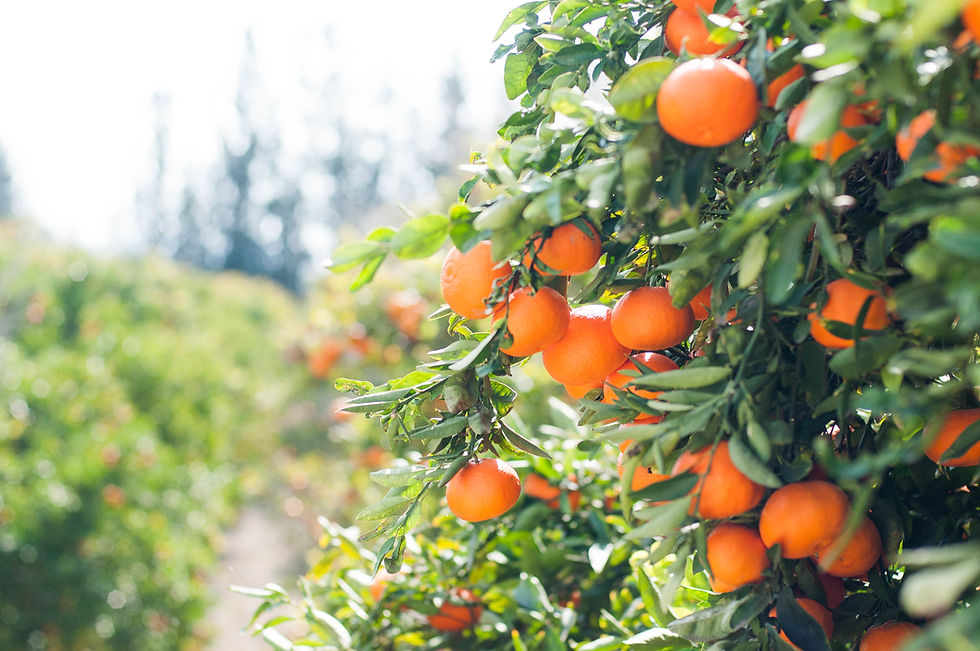Enhancing Soil Fertility with Regenerative Farming
- Anna Zefferys

- Jun 13, 2023
- 2 min read
Did you know that regenerative farming can enhance soil fertility by up to 40%? This is a transformational boost that can breathe new life into our agricultural practices, nurturing healthier, stronger, and more resilient communities. But what does this mean, and how does it tie into food security?

Regenerative agriculture is not simply a term, but a commitment to farming practices that rejuvenate the earth by reviving degraded soil. These practices not only pull carbon back into the ground but also amplify the soil's water-holding capacity, resulting in a fertile cradle for crop growth.
At the heart of regenerative farming is a profound respect for soil health. While traditional farming techniques may often wound the earth, leaving the land barren, regenerative farming cradles the soil's ecosystem. By using strategies such as cover cropping, crop rotation, and minimal tillage, regenerative farmers help to fortify soil structure, nourish biodiversity, and cultivate beneficial microbes. This concerted effort culminates in a 40% rise in soil fertility and land brimming with vitality.
But the influence of enriched soil fertility doesn't stop at the surface of our planet; it burrows deep into the realm of human health and food security. Food security, as identified by the United Nations, is not simply about having enough food but ensuring access to sufficient, safe, and nutritious food. Regrettably, this is a reality not yet realized in many corners of the globe.
This is where the power of regenerative farming truly blossoms. With a nourished earth, crops can grow more robustly, providing more food to feed more mouths. And, healthier soil can yield more nutritious produce, making each mouthful count towards alleviating nutritional deficiencies. Therefore, regenerative farming practices don't just foster a healthier planet but also cultivate a path toward genuine food security. By bridging the gap between soil health and well-being, we can create a world where access to fresh, nutritious food is not a right we all share.






